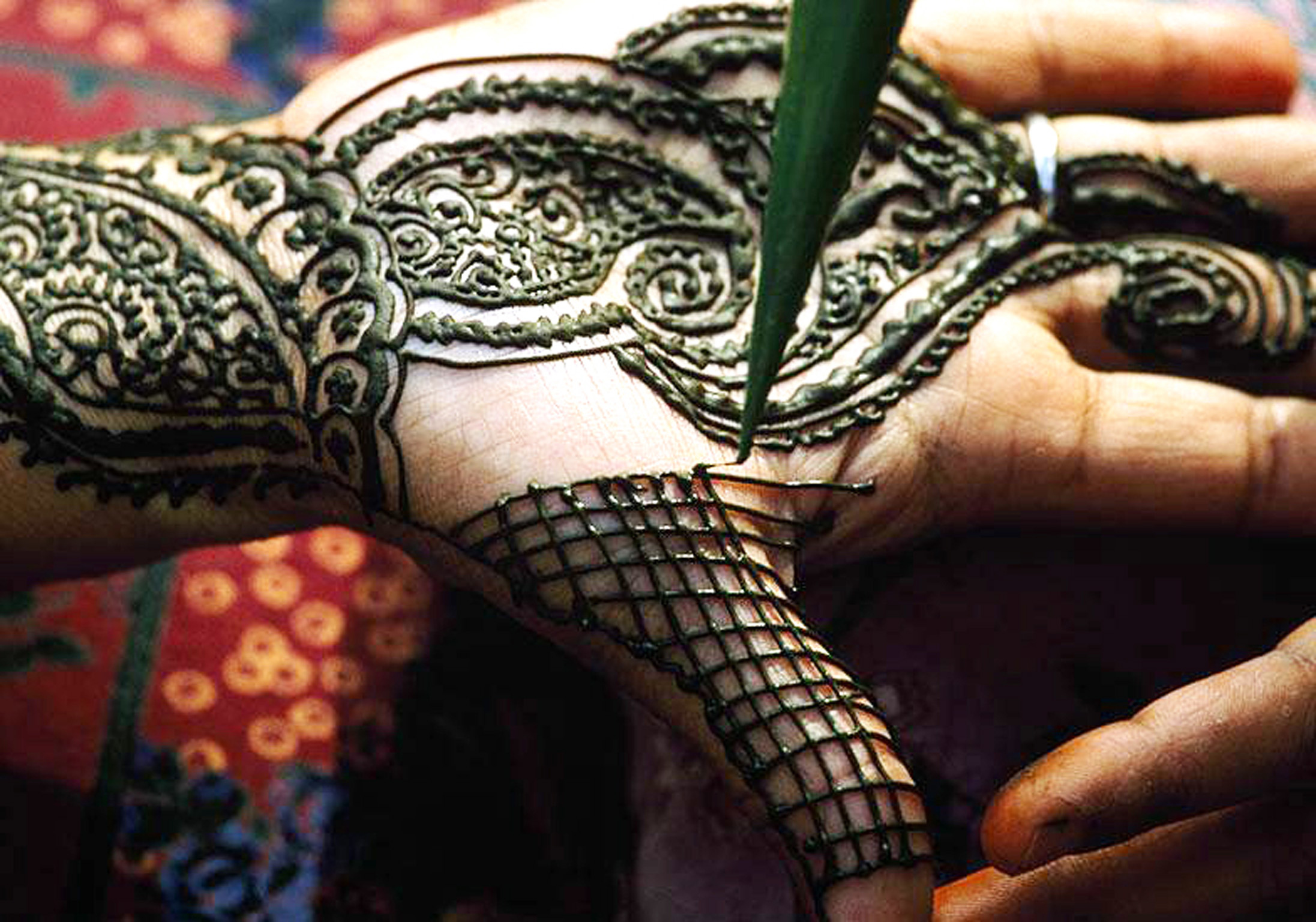
A 10-year-old boy on vacation received a black henna tattoo that led to a severe allergic reaction, doctors report in a new study.
In a case report published in the journal BMJ Case Reports, doctors report on a healthy child who got a temporary black henna tattoo while on a trip to Spain. The reaction resulted in a painful, swelling rash along the tattoo’s outline. Black henna is different from the popular brownish, red henna people may be more familiar with, and it may have different ingredients.
To treat the allergic reaction, the child was given intravenous antibiotics as well as topical treatments and creams. After two days, his reaction improved and the swelling and inflammation went down.
The reaction was likely caused by a dye called paraphenylenediamine (PPD) that is often added to black henna to make it darker and to quicken its drying time, the authors say. A reaction is sometimes visible three to 10 days after a person gets a temporary tattoo, and sometimes, the reaction can result in scarring. Some black henna has a concentration of up to 30% PPD.
In the past, the U.S. Food and Drug Administration (FDA) has warned Americans about getting black henna tattoos. “Inks marketed as black henna may be a mix of henna with other ingredients, or may really be hair dye alone,” the agency said in a 2013 warning.
“Skin tattoos with black henna should be avoided, especially during foreign travel, as this can make the tracing of the vendor and any subsequent public health management challenging,” the authors conclude.
More Must-Reads from TIME
- Inside Elon Musk’s War on Washington
- Why Do More Young Adults Have Cancer?
- Colman Domingo Leads With Radical Love
- 11 New Books to Read in February
- How to Get Better at Doing Things Alone
- Cecily Strong on Goober the Clown
- Column: The Rise of America’s Broligarchy
- Introducing the 2025 Closers
Contact us at letters@time.com